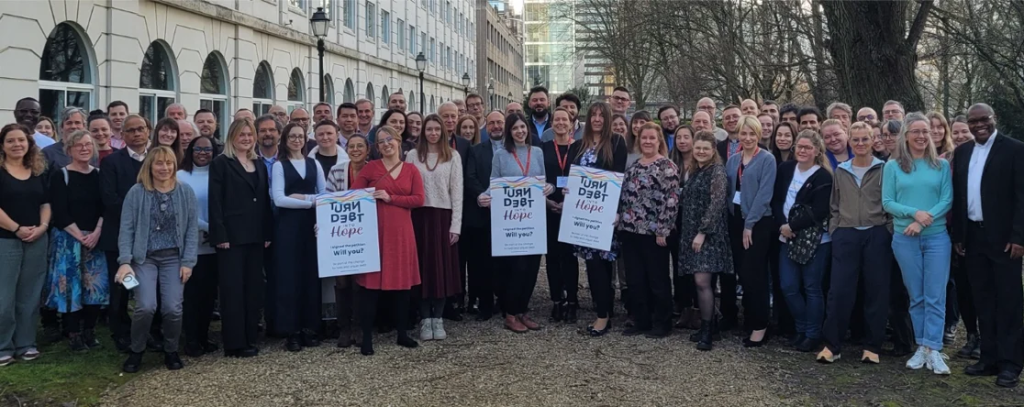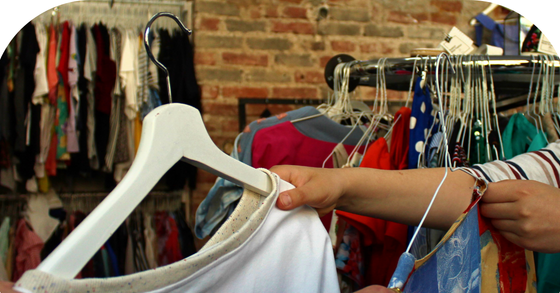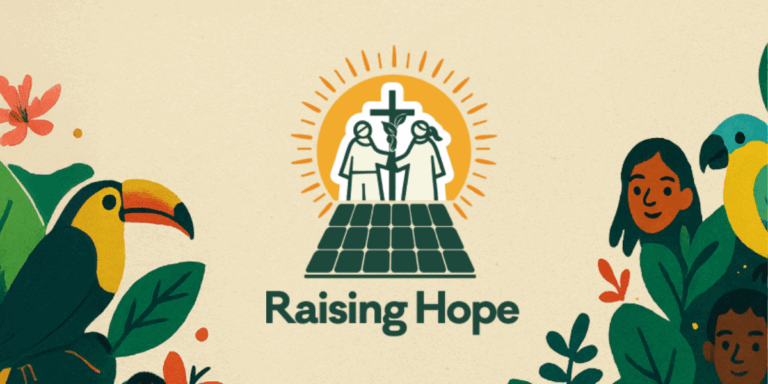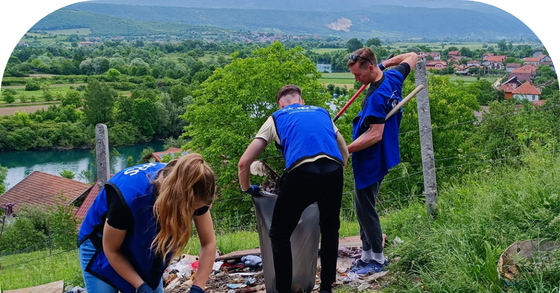Statement by the European Laudato Si’ Alliance on the occasion of the ninth World Day of the Poor
As the world marks the ninth World Day of the Poor, the European Laudato Si’ Alliance (ELSiA) renews its call for justice, solidarity, and systemic change. Rooted in Pope Francis’ vision of integral ecology and continued under Pope Leo XIV, this statement urges the European Union to take decisive action against global poverty—particularly by addressing the debt crisis that burdens many nations of the Global South. The reflection below highlights how faith, compassion, and policy must come together to build a world where no one is left behind.

Brussels, 16 November 2025
Brought together by the mission of care for creation and global justice, we, as members of the European Laudato Si’ Alliance (ELSiA), are observing the ninth World Day of the Poor, a day set aside by Pope Francis in 2017 for Catholics and Christian communities to reflect on how faith cannot be separated from a love for people experiencing poverty and to show even greater signs of such love. Continuing Pope Francis’ legacy, Pope Leo XIV in his first and Apostolic Exhortation Dilexi Te, emphasises that “the condition of the poor is a cry that, throughout human history, constantly challenges our lives, societies, political and economic systems, and, not least, the Church”. Inspired by this call, we are urging the European Union to actively work to eliminate global poverty. In particular, in this year 2025, in consonance with hundreds of other CSOs and one of the 2025 Jubilee calls of the late Pope Francis, ELSiA is asking the EU to support a transformative approach to the current global debt crisis engulfing the Global South.
We are using this occasion to state that a basic moral test for any society is how it treats those who are in most vulnerable situations and that there must be a preferential option for people experiencing poverty. This special attention for those who suffer discrimination and oppression must be at the forefront of the EU’s role in international cooperation and debt negotiations.
The current debt crisis is the worst in history, affecting over one hundred low- and middle-income countries (LMICs), which face the impossible choice between paying interest on unsustainable debts and spending on essential services. In the absence of an international democratic governance of debt, forty-eight LMICs are spending more on debt interest payments than on health or education, which further entrenches poverty and inequalities. They are paying much higher interest rates than high-income countries.
Teachers and nurses are sacrificed as vital public services are gutted to repay high-interest loans to rich creditors. Debt negotiations are carried out without transparency, standard rules or sufficient civil society involvement. They are approached primarily from a financial perspective, neglecting their impact on states’ ability to perform their roles as primary duty bearers for the provision of basic services for their populations. These are not policies and mechanisms that take their effects on people experiencing poverty as a starting point.
What we need, instead, is “to make a decisive and radical choice in favour of the weakest”, as Pope Leo calls for in his message for the 9th World Day of the Poor. EU leaders can make such a choice. They can acknowledge these serious limitations of current debt workout mechanisms and consider how they have been negatively affecting those poverty, discrimination and oppression in the Global South.
The EU can work to reform the global debt architecture, one of the major structural causes of poverty, recognising that “helping the poor is a matter of justice before a question of charity”. Concretely, the EU can struggle against hunger, poverty, weeping and suffering by supporting the establishment of a debt resolution framework at UN level, building upon article 50(f) of the Compromiso de Sevilla.
In the face of new forms of impoverishment worldwide, this would be a significant step toward a future where everyone has a home, sufficient food for each day, access to healthcare and quality education. On this World Day of the Poor, this is how the EU can offer concrete signs of hope and show its leadership in resuming multilateralism based on cooperation and the common goal of sustainable peace, grounded in inclusion and collaboration among peoples.
Media Contacts:
Giorgio Gotra, ELSiA Coordinator, coordinator(at)elsialliance.org
Photo Credit: Caritas Europa [2025]



